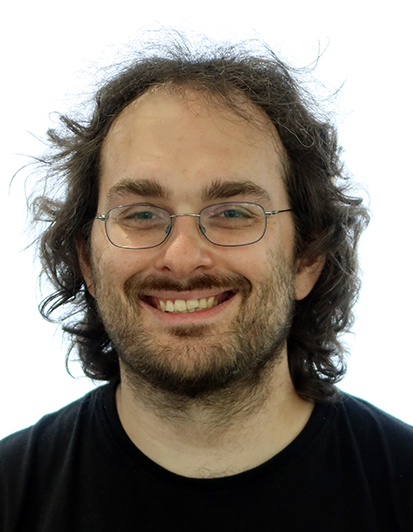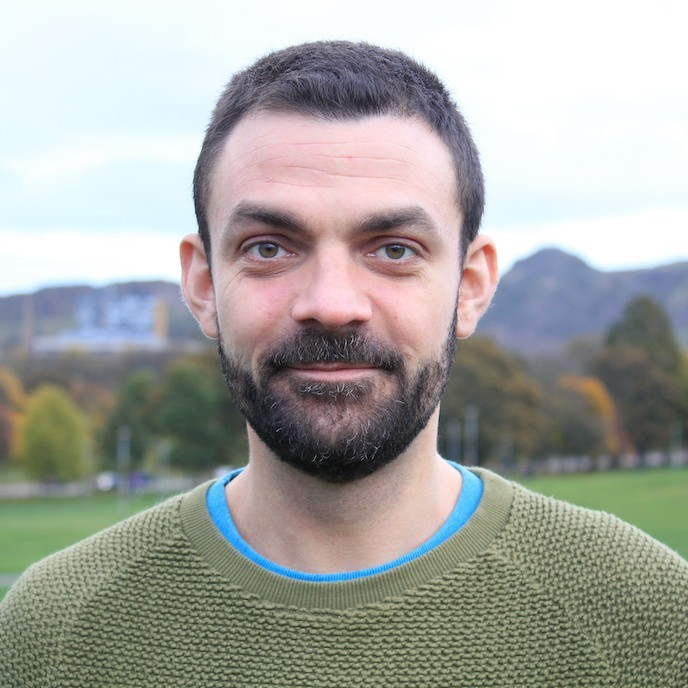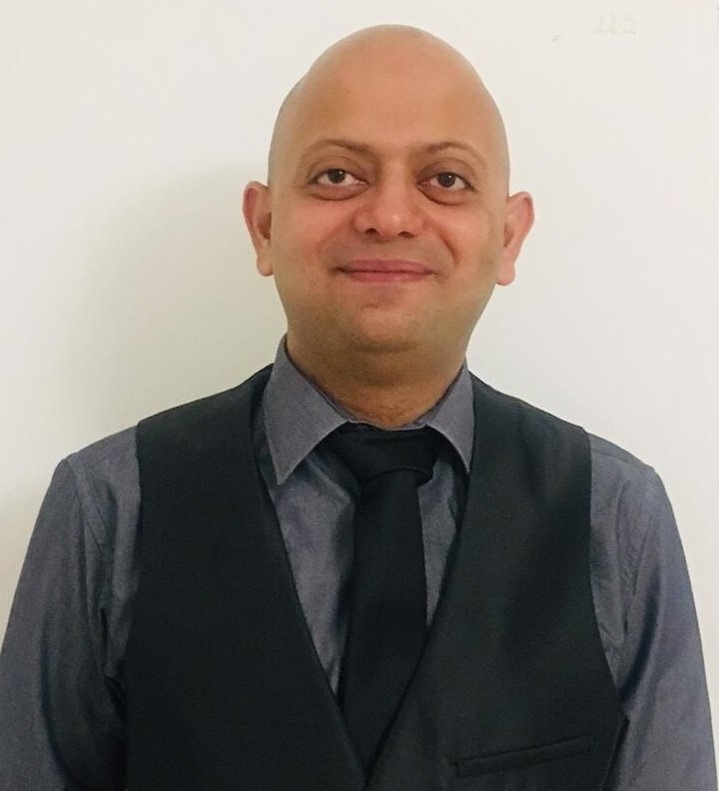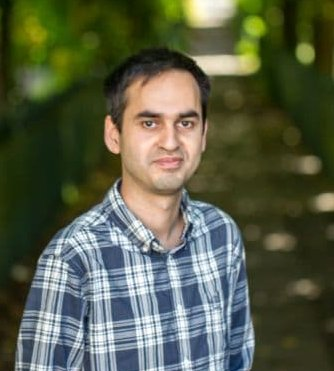Tuesday, June 27, 16:30 - 18:00
Schedule
16:30-17:00: Lecture
Presented by Dr. Markus Fritscher from IHP, featuring an introduction to the recently released open-source Process Design Kit (PDK). In this session, Markus will delve into the motivations that led to the decision of open sourcing this process node. He will also provide insights into the distinctive features, the current progress status, and the essential tools necessary for a successful start in utilising this resource.
17:00-18:00: Panel Discussion
Join Dr. Markus Fritscher, Dr Keith Muir, Dr Farhad Merchant, and Dr Danial Chitnis in an engaging discussion as they explore the opportunities and challenges concerning the adoption of open-source PDKs within the chip design community. This conversation will be relevant to participants from both academic and industrial backgrounds. Audience members are encouraged to engage with the panel by asking questions and contributing to discussions on a variety of topics. These include the tooling for open-source PDKs, legal considerations surrounding license limitations, the comparison between analogue and digital tools, among other related subjects.
SPEAKERS

Dr Markus Fritscher received both a B. Sc. degree in Computational Engineering and a M. Sc degree in Computer Science at the Friedrich Alexander Universität Erlangen-Nürnberg (FAU). He is pursuing a PhD degree at BTU Cottbus-Senftenberg, Germany as part of a joint researcher position at BTU and IHP - Leibniz Institute for Microelectornics, Frankfurt (Oder). His main research interests are the development of large memristive systems, dedicated frameworks which can assist with that endeavour and HPC. Since a large fraction of his work comprises of the modelling and design of circuits and systems he has joined IHP’s efforts to provide both an Opensource PDK and an accompanying tool flow.

Dr Keith Muir is a hardware engineer and company founder. He started Broc Consultancy in 2022 to reconnect with his fascination for microelectronics, having spent the last decade at the helm of Cytomos Limited. Cytomos is a semiconductor start-up developing pioneering products for biotech, that Keith founded in 2011. It commercialised his PhD research invention of a novel, foundry CMOS-compatible sensor for biological cell sensing. His responsibilities included setting the company’s vision, recruitment, business development and raising multiple financing rounds, in addition to technology stewardship and ASIC layout! Keith built Cytomos to a team of 10 exceptional employees, with skills across various engineering and life-science disciplines. During his tenure, the Cytomos team secured and delivered successful partnerships in the biotech and tech-bio sectors, spanning start-ups through to global blue chip companies. Keith holds an MEng in Electrical & Mechanical Engineering and a PhD in Microelectronics, both from Edinburgh University, Scotland.

Dr Farhad Merchant received his PhD thesis from the Indian Institute of Science, Bangalore (India), in 2016. He received the DAAD fellowship during his PhD. He worked as a postdoctoral research fellow at Nanyang Technological University (NTU), Singapore, from March 2016 to December 2016. In December 2016, he moved to Corporate Research at Robert Bosch in Bangalore as a Researcher, where he worked on numerical methods for ordinary differential equations. He joined the Institute for Communication Technologies and Embedded Systems, RWTH Aachen University, in December 2017 as a postdoctoral research fellow in the Chair for Software for Systems on Silicon, where he worked for five years in the domain of hardware security and in-memory computing. Farhad is the recipient of the HiPEAC technology transfer award in 2019, the ISQED 2022 best paper award, Minerva Short-Term Fellowship to visit the Technion- Israel Institute of Technology. Currently, Farhad is a Lecturer (Assistant Professor) in Electrical and Electronics Engineering at Newcastle University in the UK.

Dr. Danial Chitnis is an Electronics Engineering Lecturer at The University of Edinburgh. With degrees from the University of Oxford, Bristol University, and Chamran University of Ahvaz, he began his with coding mathematical software. He has since gained expertise in software and hardware co-creation, from low-level hardware optimization to modern coding techniques. During his DPhil at Oxford, he developed novel optical detectors, which have been crucial in his optical communication work. Post-DPhil, he worked as a postdoctoral research associate at UCL, where he developed state-of-the-art optical brain imaging systems and collaborated with various disciplines. Since 2017, as a Chancellor’s Fellow and Lecturer at Edinburgh, he has contributed to optoelectronics technology research, working on a large-scale imaging system for the next generation of healthcare innovations as part of the EPSRC UK Quantum Technology Hub. A significant part of his work lies in open-source software, having created Webgl-Plot and EEsim. He continues to innovate in this space with a focus on developing novel electronic design automation tools for integrated circuits, aiming to enhance the experience of chip designers worldwide.

